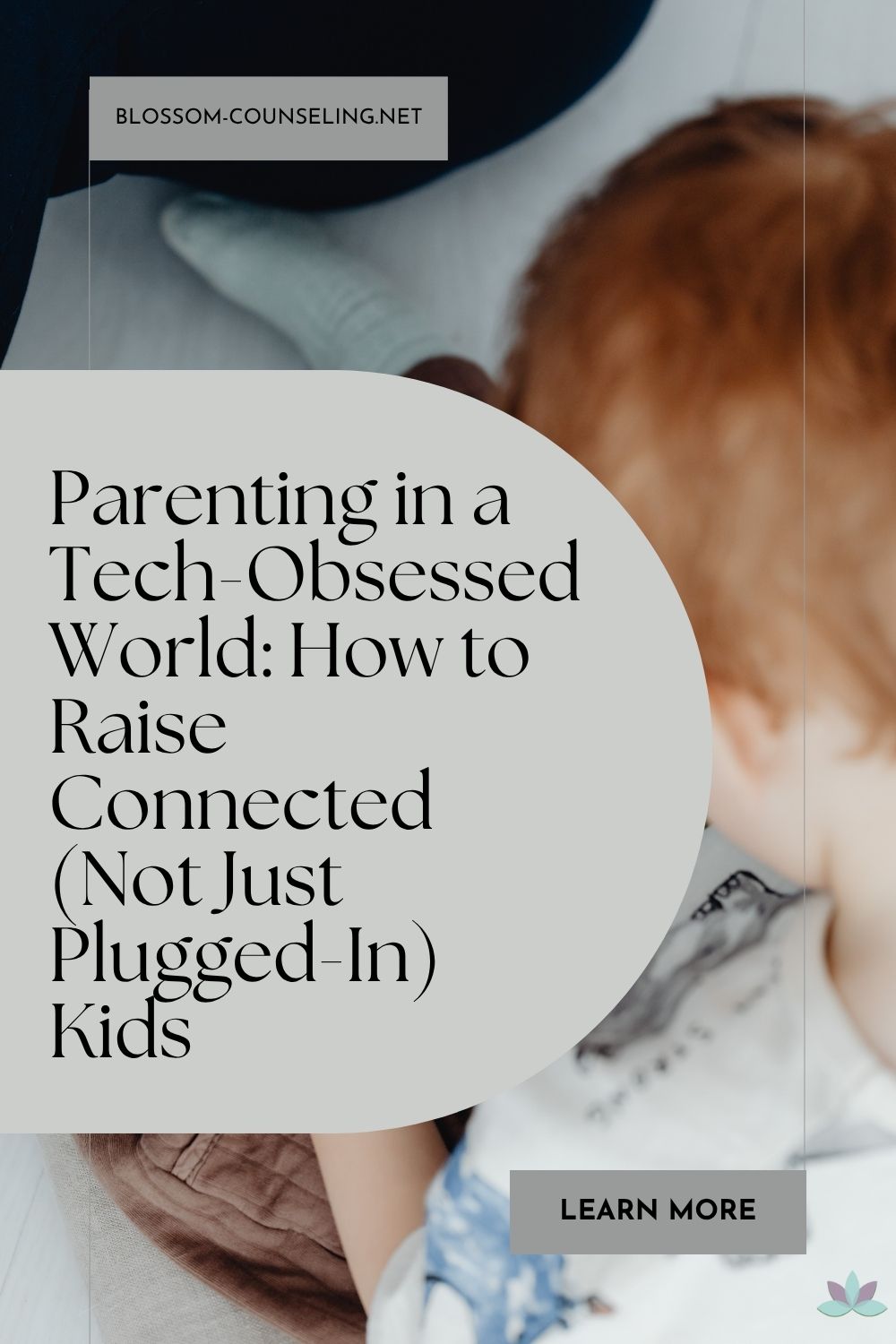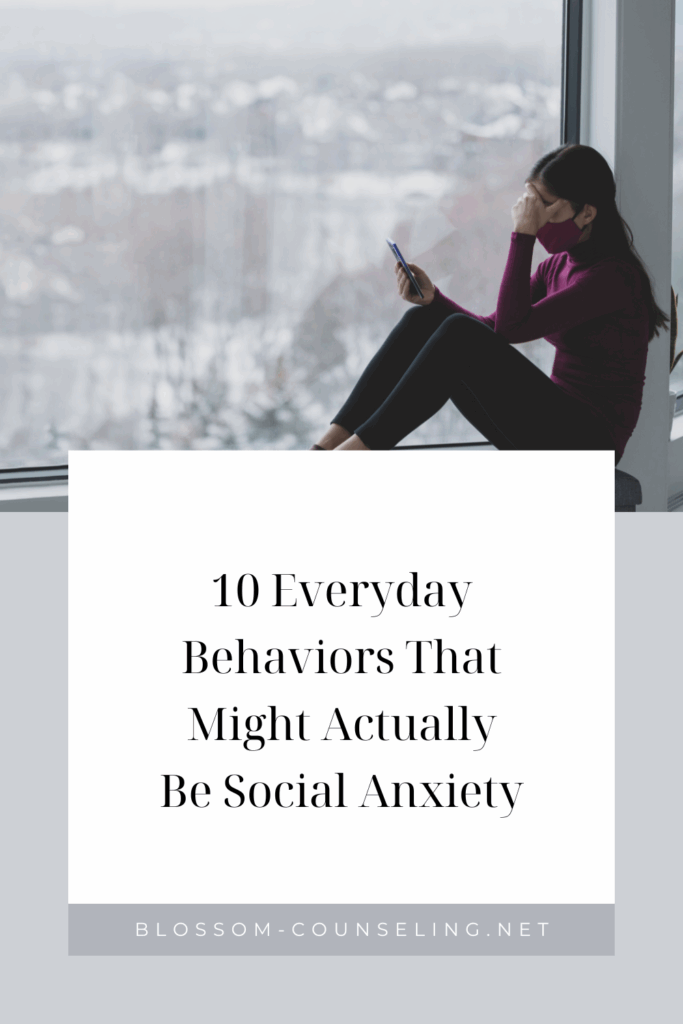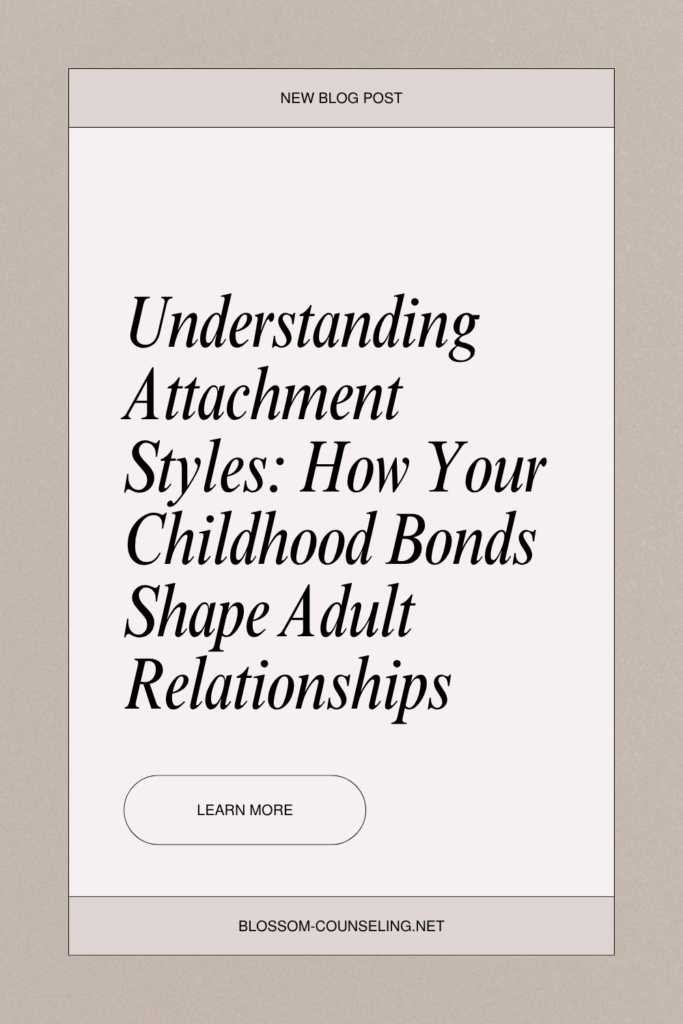
Let’s be real—raising kids in today’s digital world can feel like trying to parent in the middle of a 24/7 light show. Between smartphones, tablets, smartwatches, and whatever new gadget dropped last week, it’s easy to feel like you’re competing with screens for your child’s attention.
And honestly? You kind of are.
But before we spiral into a guilt-trip or toss all the devices out the window (tempting, right?), it’s worth taking a deep breath and recognizing the reality: Technology isn’t going anywhere. The goal isn’t to banish it, but to help kids build a healthy relationship with it—and that starts with how we show up as parents.
Understanding the Digital Landscape (It’s Not All Doom and Gloom)
First things first: Not all screen time is bad. Kids are using tech to connect with friends, learn new skills, and express themselves creatively. Some are coding before they can tie their shoes. Others are watching videos on emotional regulation or exploring virtual museums. The internet can be a magical place—and a chaotic one.
The challenge isn’t just the amount of time they’re spending online. It’s what they’re consuming, how it’s affecting their mental health, and whether it’s crowding out real-world experiences like sleep, face-to-face connection, or downtime.
How Tech Impacts Kids’ Mental Health
While tech can offer connection and creativity, too much of it—or the wrong kind—can fuel anxiety, impact sleep, lower self-esteem, and reduce attention spans. Social media in particular can distort reality, create pressure to be “on” all the time, and lead to comparison spirals (yes, even for younger kids).
When children are constantly stimulated or distracted by screens, they may have a harder time learning to self-soothe, tolerate boredom, or be present with their emotions—all skills that are essential for emotional development.
So, What Does Mindful Parenting Look Like in a Tech-Saturated World?
It starts with modeling. If your child sees you scrolling at dinner or checking emails during conversations, they’re learning that this is normal behavior. Kids notice everything. If you’re intentional about setting boundaries around your own screen time, it sends a powerful message.
Structure also matters. Think tech zones and tech-free times: no phones at the dinner table, no devices in bedrooms overnight, an hour off screens before bed. These little rituals help kids learn balance without making tech feel like a forbidden fruit.
It’s also helpful to talk with your kids about tech, not just at them. Ask them what they’re watching or playing. Watch together. Play together. Use their favorite shows or games as conversation starters. When tech becomes something you share, rather than something they hide, it creates connection instead of conflict.
And when it comes to tricky topics—like online safety, cyberbullying, or the pressures of social media—keep the lines of communication open. Kids don’t need a lecture; they need a trusted guide who gets it.
Tech Can Be Part of a Healthy Childhood—With Support
Raising emotionally healthy kids in a tech-obsessed world means helping them feel grounded in themselves, not just their devices. It’s about teaching them that their worth isn’t measured by likes or followers, and that it’s okay to be offline sometimes.
It’s also about giving yourself grace. There’s no perfect tech-parenting strategy, no one-size-fits-all screen-time chart. Some days, screens will be sanity-savers. Other days, they’ll be battlegrounds. But through it all, the most important connection is the one you build with your child—not the Wi-Fi.




